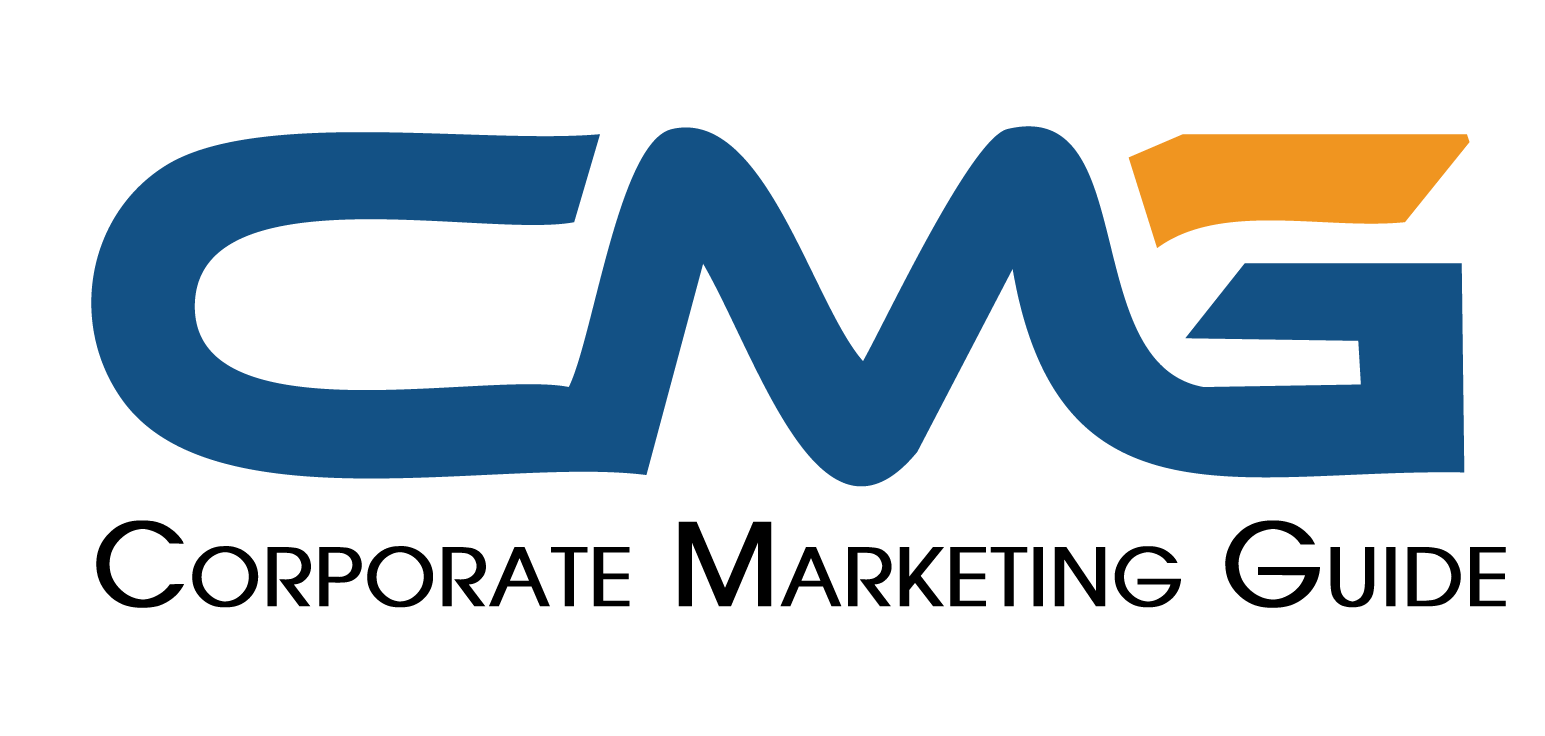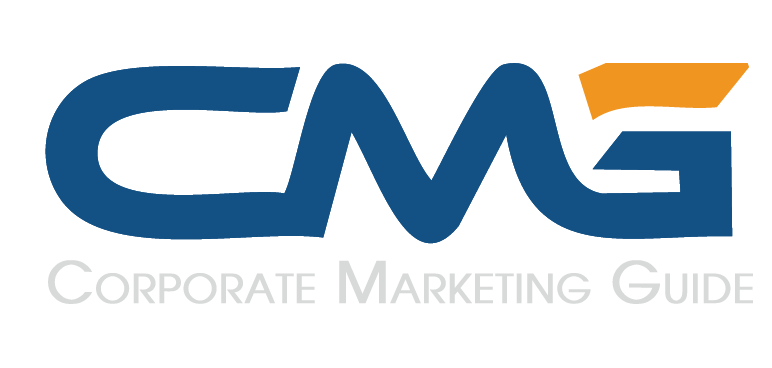Imagine collecting data from thousands of people, across diverse locations, with accuracy and ease. Form builders make this a reality. These powerful tools are transforming global health and development initiatives by streamlining data collection and empowering organizations with real-time insights.
What Are Form Builders?
Form builders are intuitive platforms that allow users to create custom forms without requiring any technical expertise. They typically feature a drag-and-drop interface, enabling users to easily add, remove, and customize form fields, such as text boxes, drop-down menus, and checkboxes.
- Drag-and-drop interface: Simplifies form creation and customization.
- Custom fields: Allows for the collection of specific data relevant to the project.
- Data export options: Enables the export of collected data in various formats for analysis and reporting.
The Role of Data in Global Health and Development
For health and development programs, reliable and up-to-date data informs decision-making, program evaluation, and resource allocation. In the context of global health, data helps identify disease trends, track the impact of interventions, and allocate resources to areas of greatest need.
Of course, collecting accurate and timely data in low resource settings can be challenging. Traditional paper-based methods are often cumbersome, error-prone, and time-consuming, and carry a significant hidden cost, too. This is where form builders come into play.
Impact for Health and Development Projects
Form builders offer many advantages for health and development projects:
- Streamlining Data Collection: Form builders simplify the process of collecting data from diverse populations and locations. They eliminate the need for paper forms and manual data entry, reducing errors and saving time.
- Real-Time Data Access: With form builders, data is collected and stored in real-time. This allows for immediate access to information, enabling organizations to make timely decisions and monitor the progress of their programs.
- Increased Efficiency and Cost-Effectiveness: Form builders reduce the reliance on paper-based data collection methods, which can be costly and time-consuming. They also streamline data analysis and reporting, leading to increased efficiency and cost-effectiveness.
- Enhanced Accuracy and Reduced Errors: Form builders often include features such as data validation and automated calculations, which help to minimize human errors and ensure data accuracy.
- Mobile and Offline Capabilities: Many form builders offer mobile applications that allow for data collection in remote areas where internet access is limited or unreliable. This enables organizations to reach underserved populations and capture critical data even in the most challenging environments.
Use Cases of Form Builders in Global Health and Development
Health Surveys and Patient Feedback:
Form builders can be used to collect information on health outcomes, patient satisfaction, and access to healthcare services.
Monitoring and Evaluation:
Form builders can be used to assess the effectiveness and impact of health programs through pre- and post-program surveys, interviews, and evaluations.
Surveys for Vulnerable Populations:
Form builders can be used to conduct surveys in conflict zones, refugee camps, or rural areas, where traditional data collection methods may be difficult or unsafe.
Tracking Medical Data:
Form builders can be used to manage patient records, treatment histories, and health assessments.
Global Health Research:
Form builders can be used to gather large datasets for global health research, epidemiological studies, and policy development.
Looking to the future, form builders will undoubtedly play an even greater role in shaping the future of global health and development. By embracing these innovative tools, we can harness the power of data to create a healthier and more equitable world for all.



